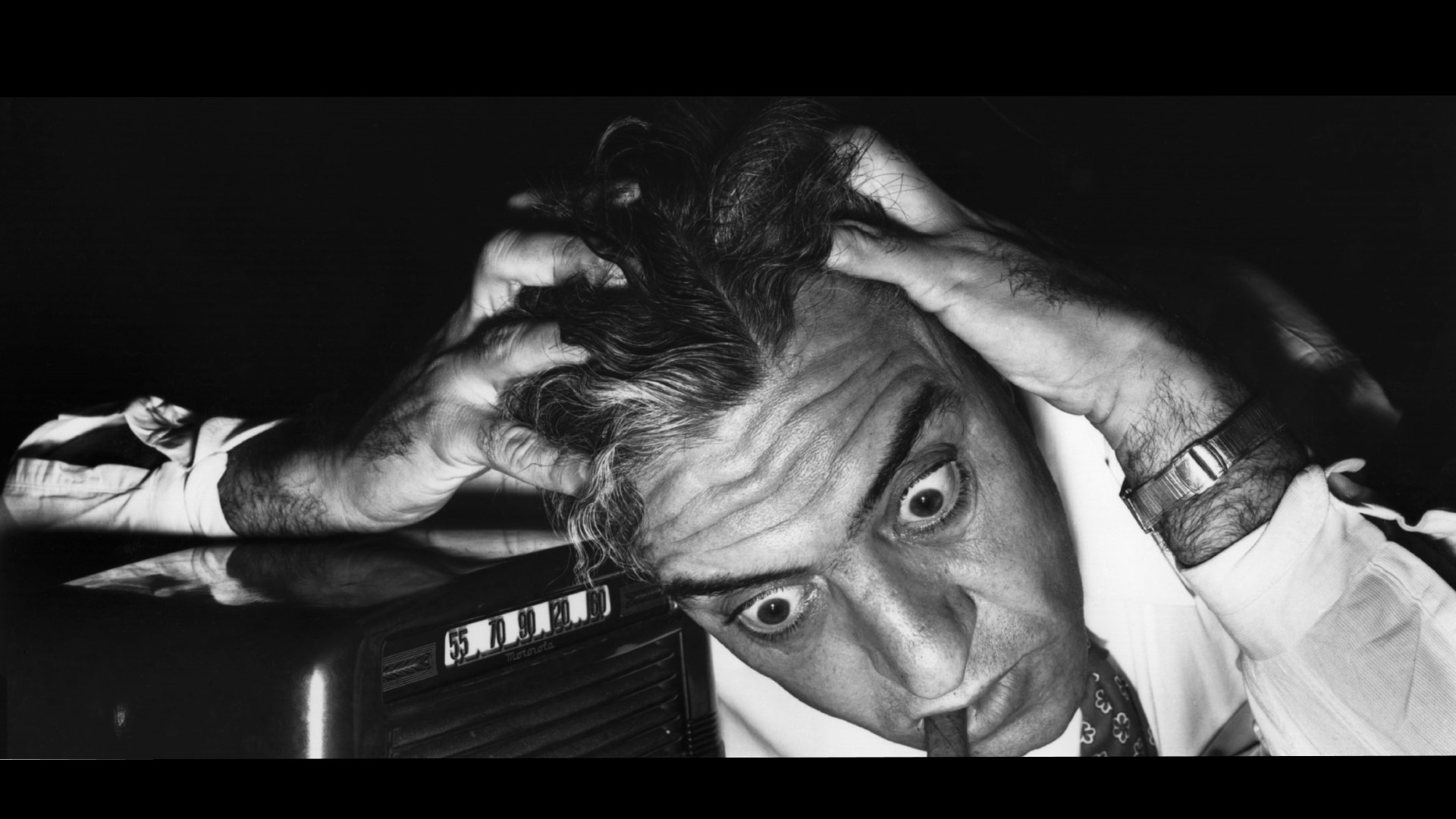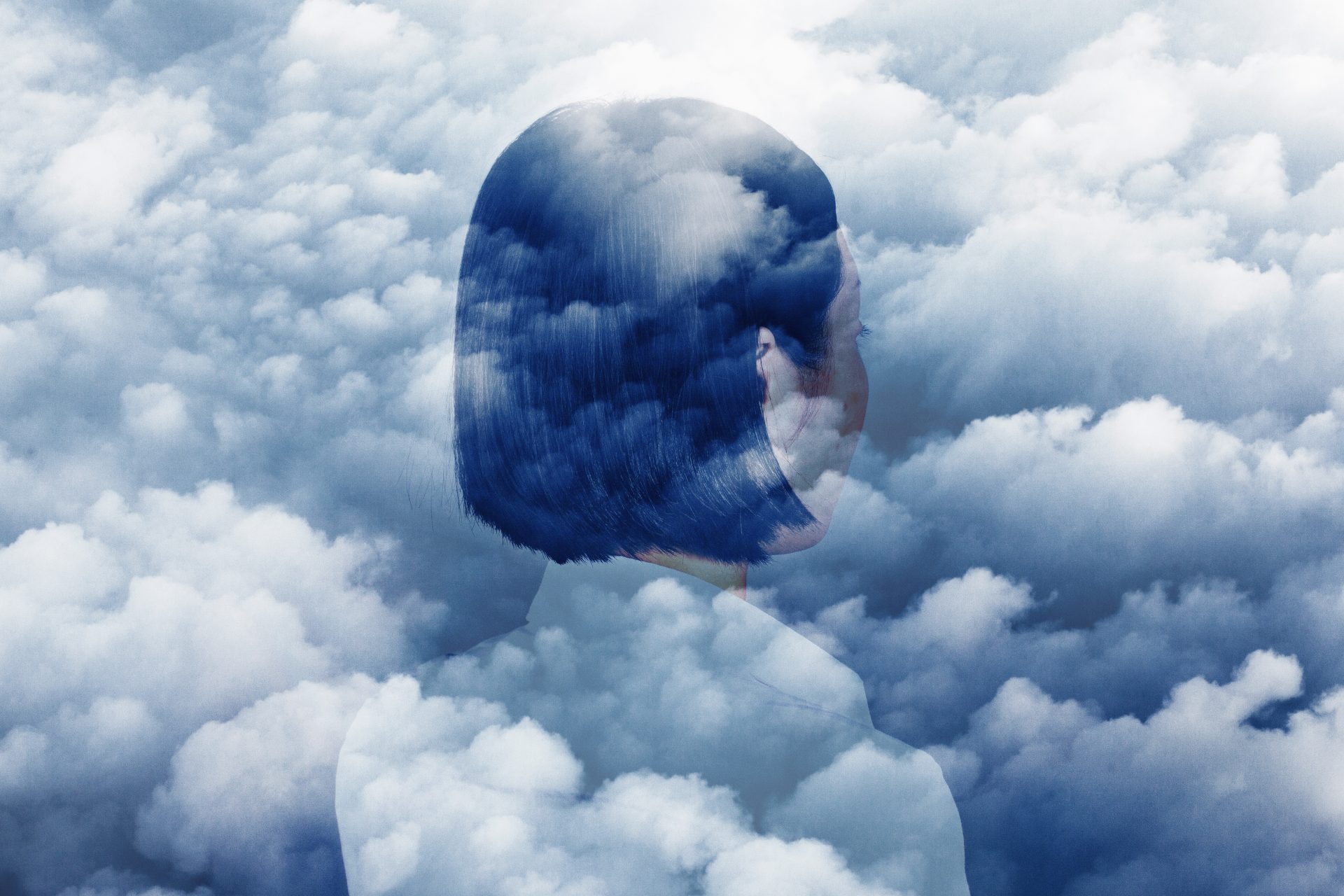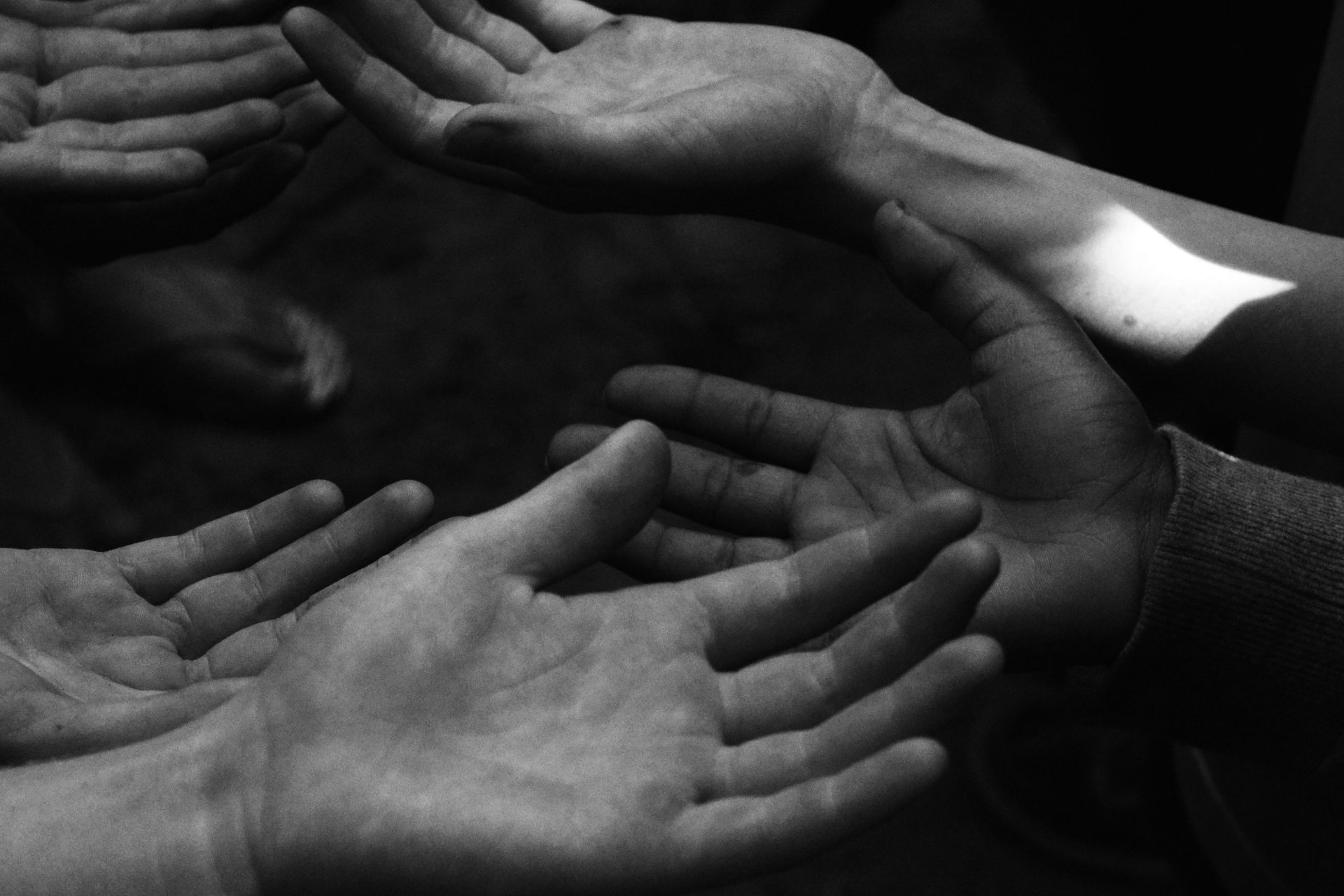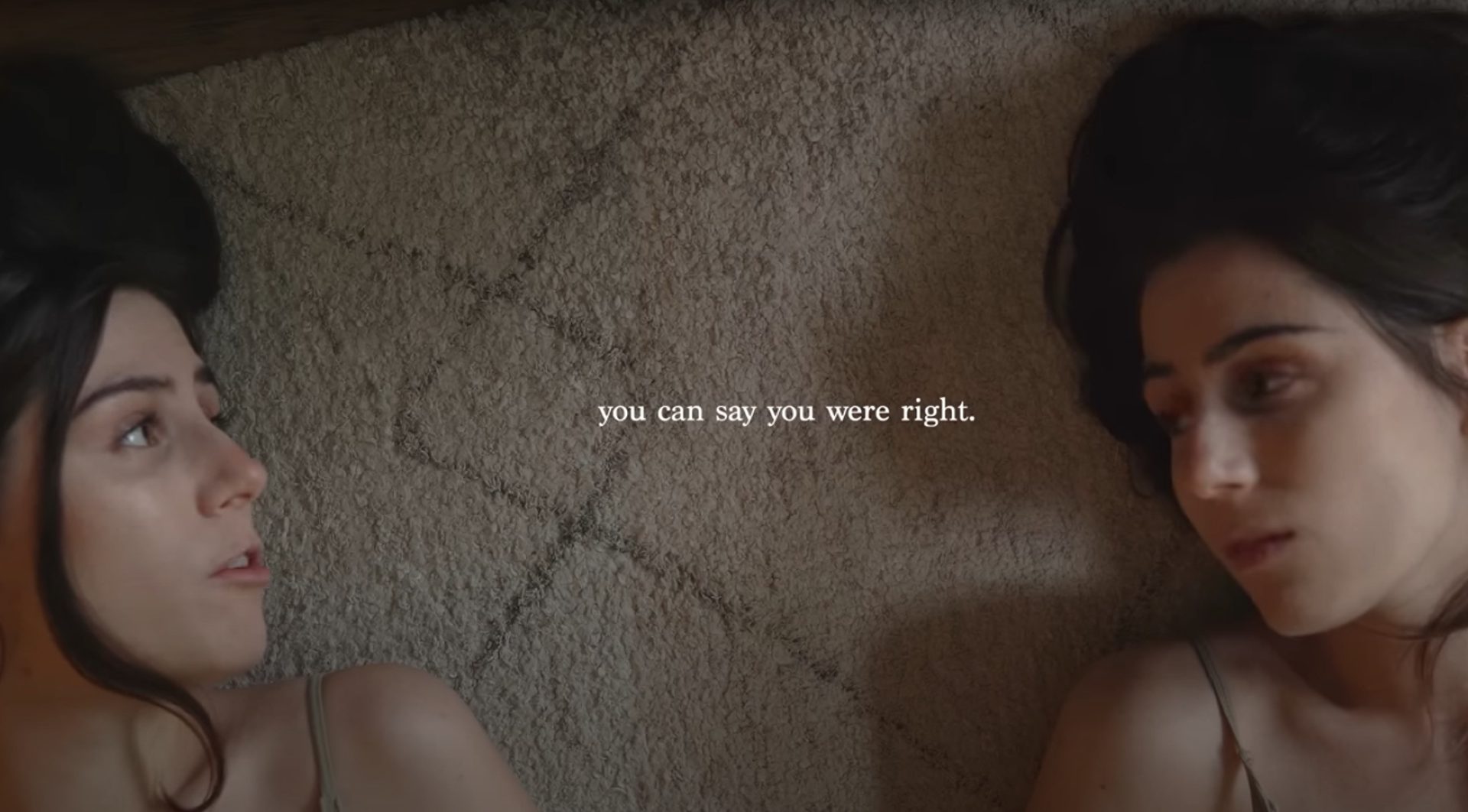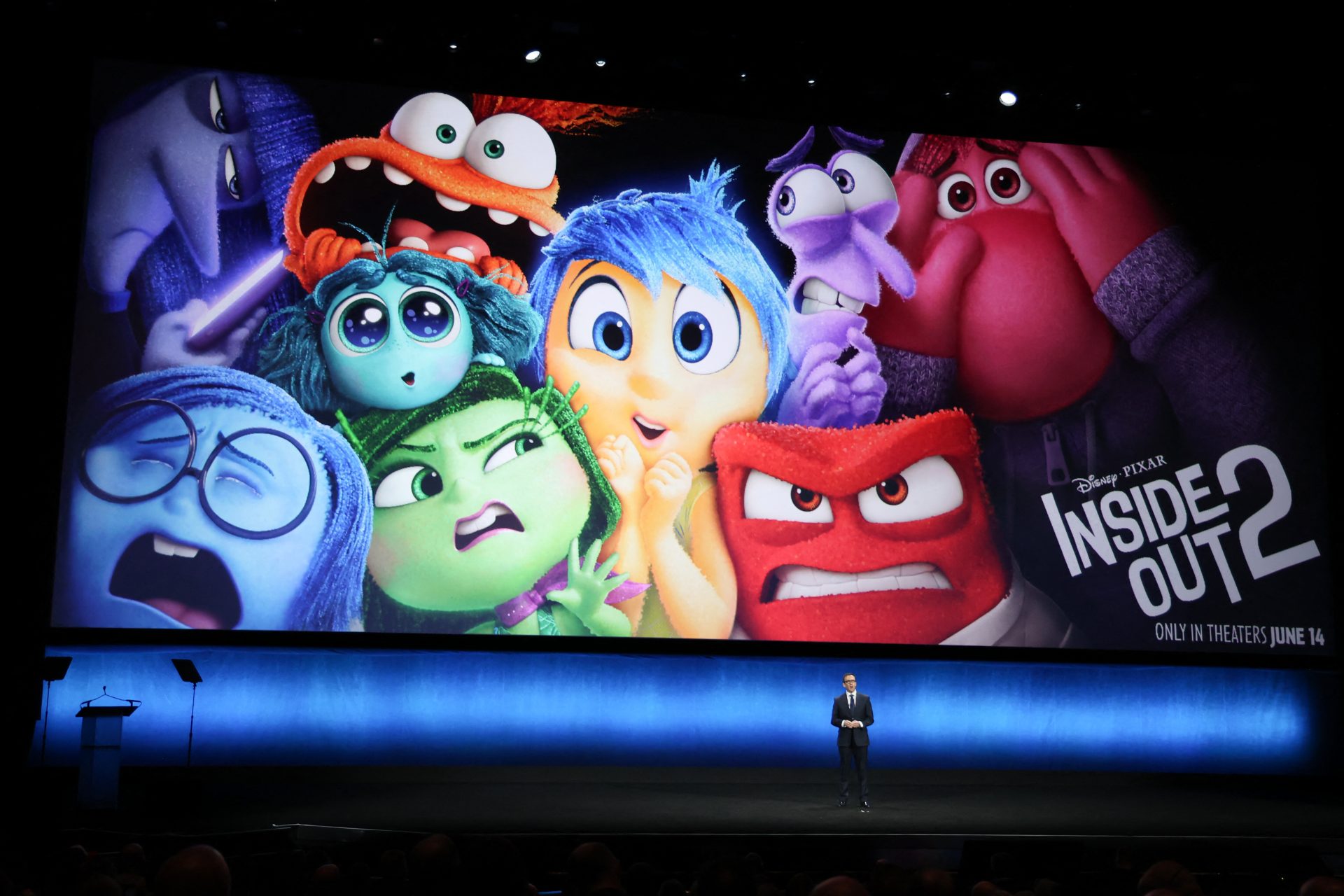What is depersonalization? A hidden epidemic hits Hollywood
The SNL star made history when he became a cast member, becoming the show's first featured player to be nominated for a Primetime Emmy (in 2021), as the first Chinese-American, and openly gay male on the show. But he's also broken barriers by discussing an often overlooked health condition...
In the summer of 2023, he temporarily stepped back from his work due to “bad bouts of depersonalization.” He later suggested it was a complication of the anti-depressant Wellbutrin. “I was talking to some friends last night about how Wellbutrin really is not doing it for a lot of people. And if it’s working for you, God bless. But Wellbutrin isn’t for me," be said. Never heard of the disorder? Read on to find out more!
The National Institutes of Health says that the phenomenon of depersonalization has received some of the least attention in psychiatric research despite its prevalence. Studies have found that between 26% and 74% of people will experience it in the short-term at least once in their lives.
Depersonalization refers to an estranged state of mind that involves a profound feeling of detachment from one’s sense of self, according to a paper by Dr. Rachael Murphy in a peer-reviewed journal neuroscience journal. You are aware of what’s real, but somehow things don’t feel real and you don’t feel real.
Image: Sasha Freemind/Unsplash
One of the earliest references to it comes from the Swiss philosopher and poet Henri-Frédéric Amiel. “I find myself regarding existence as though from beyond the tomb, from another world; all is strange to me; I am, as it were, outside my own body and individuality; I am depersonalized, detached, cut adrift. Is this madness?… No,” he wrote in his journal in the mid-1800s.
Image: Joseph Hornung, 1852 / Wikimedia
The term depersonalization was first defined by Ludovic Dugas in 1898. He described it as someone feeling like outside observers of their own behaviors, emotions, and bodily sensations. It often co-occurs with the dream-like state of derealization, where the external world doesn’t seem real.
Most people will feel it, if only briefly, after a head injury, when sleep deprived (especially jet lag), or when dealing with migraines, seizures, anxiety, OCD, severe stress, or trauma. Given the self-dissolving nature, it is often seen with recreational drugs, some meditation practices, extended gazing into the mirror, or at a crystal ball. It’s more common in women.
Although it is startling for those who feel it even briefly, the disorder, defined by lasting at least one month, is estimated to affect around 2% of the population — around 1.3 million people in the UK and 6.4 million in the US, according to the Guardian. Those people may look the same as ever on the outside but feel like they are robot-like or sleepwalking through life.
In his short story ‘Sleep’ in the New Yorker, Japanese writer Murakami also gave a vivid description of the feeling. "My very existence, my life in the world, seemed like a hallucination. A strong wind would make me think my body was about to be blown to the end of the earth, to some land I had never seen or heard of, where my mind and body would separate forever. ‘Hold tight,’ I would tell myself, but there was nothing for me to hold on to."
While the disorder is different for everyone, Allen Killick, an elderly man who survived his home being destroyed by a German rocket in WWII, described the onset of his depersonalization when he was young. "I was playing football at school. For some reason, I looked down at my hands and my mind said, ‘They are not yours.’ I just started screaming and running in every direction in absolute horrendous fear."
Image: McKenna Phillips / Unsplash
Rachel, a young woman who suffers from it, told the Guardian that hers came on when she was studying for her A-levels and all of a sudden felt like she was in a zombie-like state like she was dead. While she said it’s a “clever way” for the mind to deal with anxiety, it messes up your entire life and makes you feel very isolated.
Dr. Tracey Marks, who breaks it down in a YouTube video, says the disorder tends to start when you’re young, not when you’re in middle age. She emphasizes that ma-ri-jua-na is a common trigger, especially for temporary feelings. She also says medication like antidepressants can cause the same feelings.
According to Columbia University Irving Medical Center, treatments for depersonalization-derealization disorders mainly involve psychotherapy or talk therapy and certain medications, including antidepressants and mood stabilizers. Meanwhile, getting enough sleep and living a healthy lifestyle, as well as exercises like meditation or deep breathing can also work.
Bowen Yang isn’t the only star to have discussed his struggles with the disorder. For instance, Travis Barker’s son Landon told his Instagram followers he suffers from derealization. "Your limbs feel strange," he described on Instagram. "Things don’t feel real. Your face looks weird in the mirror. Feeling detached from reality. Feeling disconnected from your body. Things feel like they’re moving in slow motion."
In 2008, the singer was diagnosed with the disorder although he says he had struggled with it for decades prior. “You’re sitting in the back of your head looking out through two holes in your skull. It can often feel like the life in front of you — instead of just being a room in front of you — is a movie of the room being projected on your eyes,” he told Inside Hook.
Dodie, a young and talented British singer who has more than 2 million subscribers on YouTube, says she has depersonalization disorder and is open about her mental health struggles in her songs and interviews. "Sometimes it feels like I'm not real or dreaming and it's caused me to have depression and all sorts of nasty things," she told BBC.
Image: Doddleoddle / YouTube
NFL star Ryan Seymour has also been open about his struggles with the disorder. He said his first bout with depersonalization came when he was drinking too much, and it would go hand-in-hand with the 'hangxiety' during the comedown. Once he quit drinking during the season, the symptoms dissipated. However, one day, he had a panic attack while watching TV and the depersonalization symptoms came back in the following days due to so much anxiety.






